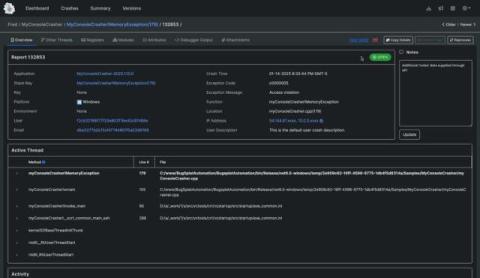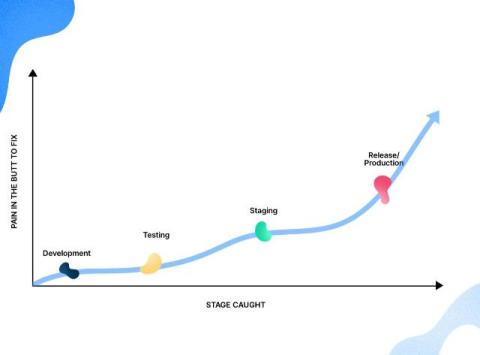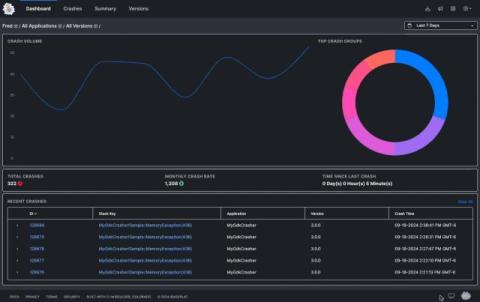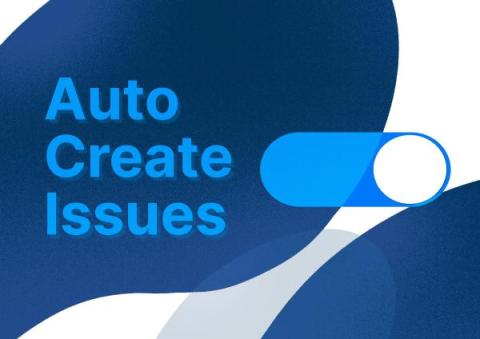Operations | Monitoring | ITSM | DevOps | Cloud
Latest Posts
Introducing Regression Alerts: Keep Bugs Fixed for Good
Why Early Crash Reporting Saves Time and Prevents Costly Bugs
Introducing Dark Mode
Add BugSplat Crash Reporting to Your Monday.com Workflow
The 80/20 Rule of Bug Fixing
Introducing Custom Attributes
A Look Back at 2023
As we've turned the final pages of 2023 and now set our sights on 2024, it felt like an appropriate moment to pause, reflect, and shine a light on the steps we've made over the past year at BugSplat. There are a couple of compelling reasons to do this: First, we recognize that some of our key updates might slip under the radar amidst the hustle and bustle of daily tasks. Highlighting these changes is our way of giving you a second chance to discover some useful new features at your disposal.
Auto-Creating Defects from BugSplat in Your Defect Tracker
At BugSplat, we're always looking for ways to seamlessly integrate critical crash data into the support workflow. Another step in that quest has just been launched - the ability to automatically create defects from BugSplat databases in attached third-party trackers like Jira, Github Issues, Azure DevOps and more. This isn't just a new feature - it's a game-changer. Here's why.
How to launch games that don't crash (often)
Building and supporting a video game project is challenging. It is a complex and intricate process that balances difficult time constraints and ambitious goals while keeping a highly engaged and demanding user base happy. Game developers need every advantage possible in the development and support process to succeed. One of the best ways to ensure that a game is successful is to make sure that every shipped version of the game project contains as few crash-causing defects as possible.











